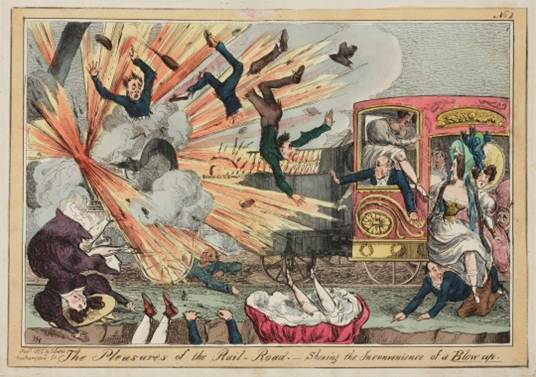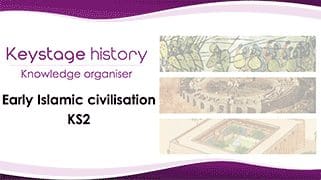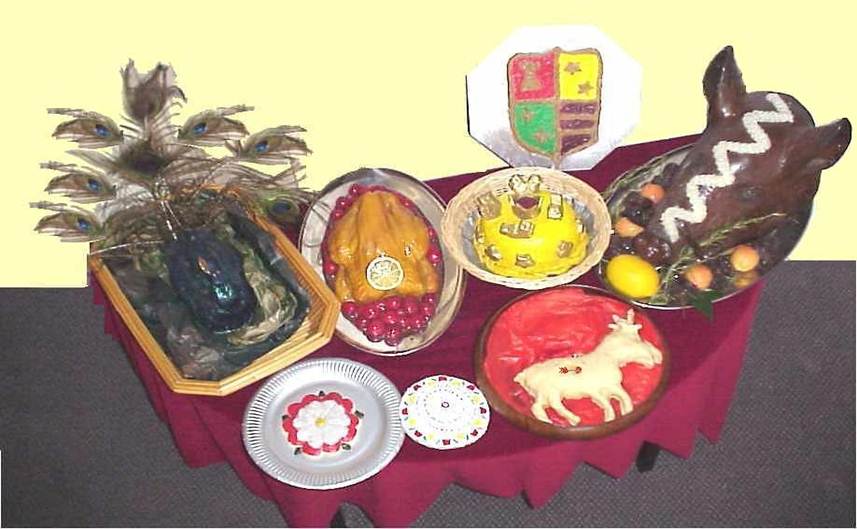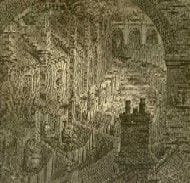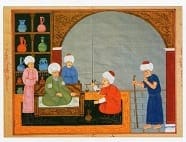
One of the misfortunes of a long history of stereotyping and conflict between Islam and the West is that it has fostered ignorance. Muslims and westerners know too little of how much they have in common and how much they owe to each other. This is the premise behind the first question which asks pupils to work out, as far as they can, the possible reasons why we should study early Islam and Baghdad at this stage of its history.
Learning objectives
- Pupils can locate this topic in time and place.
- They deduce from source clues the importance of Arab Muslims’ contribution to the world of mathematics and science, books, geography, astronomy, medicine etc.
- They know Baghdad was a major city of learning and printing. It had over 100 booksellers and was 10 times the size of London at the time.
- By middle of 8th century Islam spread from Arabia




